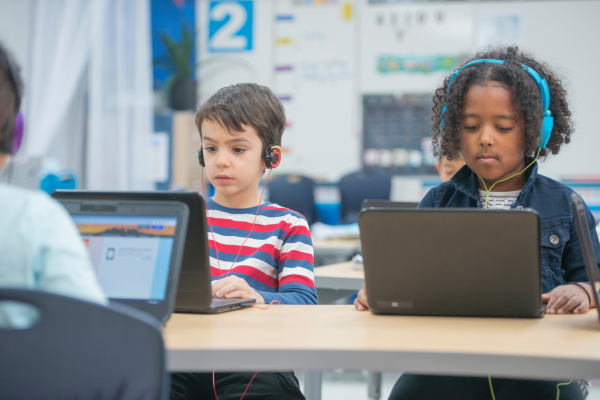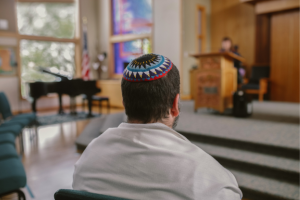This guest blog post is brought to you by Amy S. Crumbaugh, director of Learning and Evaluation at the One Love Foundation.
There is a hidden epidemic devastating young people’s academic potential. And it’s not what you think. The newest CDC data released this year paints a bleak picture of the crisis of sexual violence and subsequential mental health consequences facing youth – and especially young women – today. Nearly one in five (18%) teen girls experienced sexual violence in the past year, and more than one in eight (14%) have been forced to have sex. The CDC also reports that more than 1M high school students were harmed by a dating partner. These statistics together emphasize the importance of early dating relationships in setting norms and expectations for youth regarding consent and other necessary skills for safely navigating romantic relationships. Teen dating violence is not often discussed in schools, but it should be. The potential long-term consequences are alarming: youth who survive teen dating violence are more vulnerable to depression, anxiety, and suicidal ideation, and may also engage in unhealthy coping behaviors such as using tobacco, drugs, and alcohol.
Additionally, there is evidence that relationship abuse can thwart a young person’s academic and financial success. Teens who experience relationship abuse frequently receive pressure to prioritize their partner’s needs or their relationship over studying, attending class, going to work, and post-graduation plans. A 2021
study by Futures Without Violence found that a large majority of U.S. teens with a history of dating violence also experienced educational interference (88%) and/or work interference (86%). The impact of such sabotage can last a lifetime:
young people who are victimized by a partner during adolescence obtain less education compared with those who do not experience intimate partner violence (IPV) as teenagers, resulting in lower earnings as adults. To add to the concern, many teens do not recognize that these disruptions are abusive – less than half (44%) of surveyed teens agreed that interfering with a partner’s ability to go to school or work is a form of dating violence.
However, there is hope in the unique opportunity presented by adolescence. This period of brain development naturally positions young people to recover more quickly from adverse experiences, learn new healthy patterns, and potentially even repair existing damage from previous trauma. The new CDC report underscores this opportunity and encourages increased investment in schools as a vital lifeline for struggling youth develop critical skills and peer-to-peer connections:
Schools can provide education that equips teens with essential skills, such as understanding and ensuring true sexual consent, managing emotions, and asking for what they need. Schools can also connect teens to their classmates and communities through school-based clubs and community outreach.
Evidence-based, prevention education programs can help schools respond to this issue. For example,
One Love Foundation provides effective, accessible, skills-based relationship-health curricula –at no cost to schools and partners. One Love’s seven core Learning Objectives align to Social and Emotional Learning concepts and state health education standards.
One Love programming incorporates leading CDC recommendations for preventing intimate partner violence , using film and guided discussions to teach young people the difference between healthy and unhealthy relationships, as well as early warning signs of abuse and what to do when they see them. Nearly 2.3 million young people have been educated through a One Love workshop since the organization’s inception in 2014.
To learn more about how you can bring free trainings and resources to your district, please join One Love staff for the upcoming
AASA Webinar on Tuesday, May 2nd. You also can attend a live professional development
event or
connect with us about any questions you may have.
Collaborative partnerships between educational leaders and organizations like One Love Foundation can help ensure our young people get the support they so desperately need.


